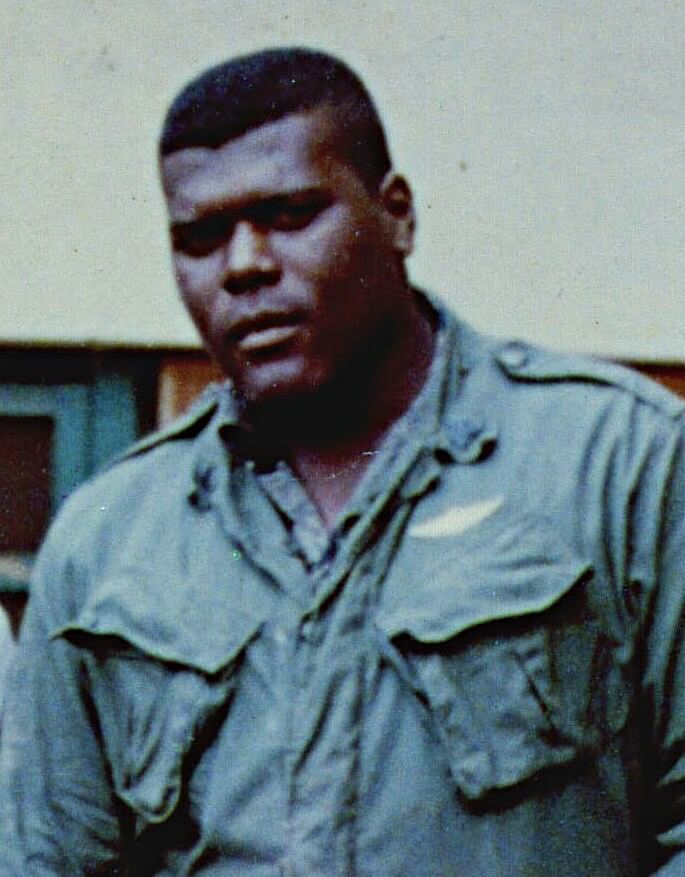People You Should Know: Sgt Robert Hughes, USMC
Good afternoon,
What will follow is a cut & paste from Battlesight Zero. It's a story about Sgt Robert Hughes, USMC.
In a world of glorified pansies and "toxic masculinity", it's important we honor the real men, those who should be household names but only attain notoriety in their small circles because "someone may be offended" or, worse, but true, it doesn't fit the agenda.
Imagine a world of Robert Hughes being pervasive throughout our society - what the selfless courage, determination, and will to prevail would mean for a country where that was the heroic standard, not how many times you can make a rubber ball go through a hoop.
Anyway, on with the first installment of "People You Should Know":
What will follow is a cut & paste from Battlesight Zero. It's a story about Sgt Robert Hughes, USMC.
In a world of glorified pansies and "toxic masculinity", it's important we honor the real men, those who should be household names but only attain notoriety in their small circles because "someone may be offended" or, worse, but true, it doesn't fit the agenda.
Imagine a world of Robert Hughes being pervasive throughout our society - what the selfless courage, determination, and will to prevail would mean for a country where that was the heroic standard, not how many times you can make a rubber ball go through a hoop.
Anyway, on with the first installment of "People You Should Know":
In Vietnam, scuba trained Force Recon Marines conducted combat diving as a collateral duty. Dive teams supported both the Army and Marines, performing a wide range of missions. Bridge inspections were a common task. Teams also dove river bottoms in search of lost equipment or bodies.
Nature itself presented many dangers facing Marines in the water. The enemy situation on the surface factored heavily as well. The greatest danger under water that could never be certain was the presence of enemy divers. NVA Naval Sappers occupied the waterways opposing the Marines.
The most unnerving dives came when infantry units chasing an enemy soldier would observe him jump into water and never surface. Often this indicated the presence of an underwater tunnel entrance that needed to be flushed out. Divers inspecting these tunnels either waited under the water for someone to emerge, or swam into the tunnel, expecting to surface in a hole full of NVA.
Sgt Robert Hughes served as the Dive NCO for First Force Recon Company during 1967 to 1968. Leading dive teams and maintaining the unit's scuba equipment were his primary duties. Called a "gentle giant" by Marines who served with him, Hughes was large and powerful, towering over many of his peers. The "gentle" side of his personality disappeared, however, in the face of innumerable threats as he donned his gear and submerged in the water.
On one dive mission, Sgt Hughes was tasked with locating an underwater tunnel. Searching through the murky dark, Hughes felt his way along a bank with one hand, Kabar ready in the other. He located what appeared to be the tunnel entrance, and suddenly an enemy diver shot out of the hole.
As the combatants locked onto each other, Hughes caught a glint of light from the blade of the enemy diver's dagger. Instinctively, he reached out and grabbed the wrist of the diver's knife-wielding hand, simultaneously stabbing with his own Kabar. The NVA diver mirrored Hughes, latching onto the Marine's knife hand while continuing to try to drive his own blade home.
Submerged and grappling with limited visibility, Hughes fought for an advantage. After what seemed like an eternity, he found it. Hughes wrapped his legs around his enemy and pulled him in close. Spitting out his regulator, Hughes lunged forward and bit into the diver's throat, ripping it out. The diver released his grip and Hughes finished the fight.
Sgt Hughes became the subject of several dive mission stories. He had at least 2 confirmed kills under water. Many other Marines braved the waters of Vietnam as well. To arm themselves, divers kept their Kabars close. Some Marines even carried privately purchased revolvers. Standard issue pistols were useless in submerged combat, but a revolver still operated. Stories surfaced of underwater gun battles, knife fights, and other horrors potentially awaiting Marines as they dove.
“There was no one I would rather have as security underwater than Sgt Hughes,” remembered one Marine who served with him.


